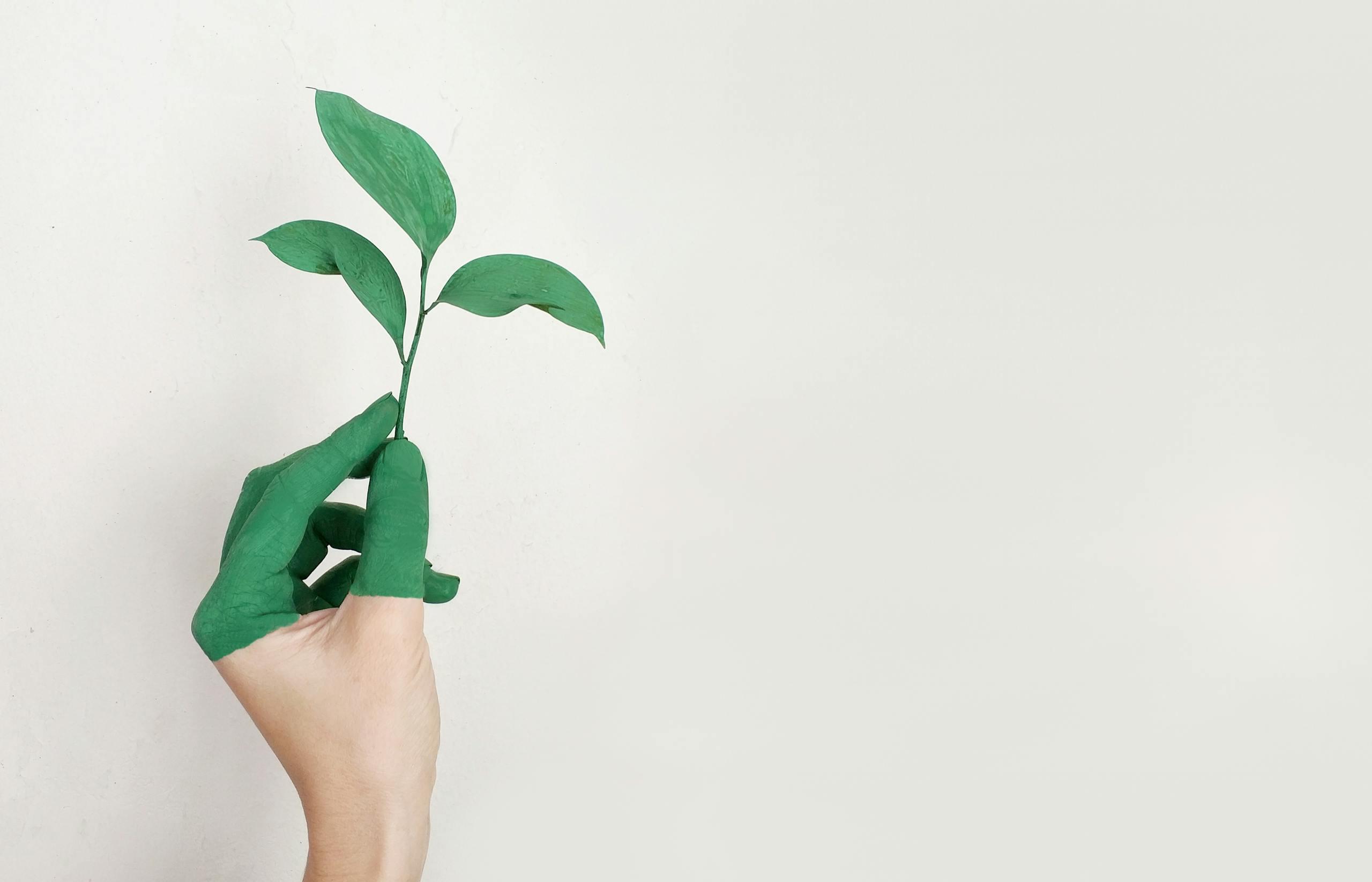7 Proven Ways to Achieve Balance in Life ⚖
Finding balance in life is one of the most important skills you can develop, especially in a world that moves faster than ever. Many people struggle to juggle work, relationships, personal growth, and health without feeling overwhelmed. The truth is, balance is not about doing everything perfectly—it’s about making conscious choices that allow you to enjoy the present while also planning for the future.
Achieving this harmony takes intention, commitment, and consistent habits. In this guide, we will explore 7 proven ways to achieve balance in life so you can feel fulfilled and energized every day. From time management strategies to mindfulness practices, these tips are designed to help you create a life that feels good on the inside, not just looks good on the outside.
Whether you’re a busy professional, a student, or someone in transition, these techniques can help you reclaim your time, focus on what matters, and reduce stress. By the end of this article, you’ll have a clear roadmap to building a lifestyle that supports your well-being, relationships, and ambitions—without sacrificing your mental health in the process.
1. Prioritize Your Time Wisely
Time is your most valuable resource, and how you use it determines the quality of your life. Start by identifying your top priorities—these should align with your values and long-term goals. Use tools like the Todoist task manager or Google Calendar to schedule tasks based on importance, not urgency. Avoid multitasking, as it often leads to decreased productivity and higher stress. Instead, focus on one task at a time and set realistic deadlines. Remember, saying “no” to non-essential commitments is saying “yes” to what truly matters.
2. Set Boundaries Between Work and Personal Life
In our hyper-connected world, it’s easy to let work seep into personal time. Establish clear boundaries—this could mean turning off work notifications after a certain hour or designating a workspace separate from your living area. If you’re an entrepreneur, such as someone building a clothing brand like Seif Wear, setting boundaries ensures you don’t burn out. Boundaries help you stay focused at work and fully present during personal time.
3. Practice Mindfulness Daily
Mindfulness is a powerful tool for achieving life balance because it keeps you grounded in the present moment. You can start with just 5 minutes a day of deep breathing or guided meditation using apps like Headspace. This practice reduces anxiety, improves focus, and enhances emotional regulation. Whether you’re eating, walking, or working, try to fully immerse yourself in the experience without distractions.
4. Maintain Physical Health
Your physical health directly affects your mental and emotional well-being. Regular exercise, a balanced diet, and sufficient sleep form the foundation of a healthy lifestyle. Incorporate movement into your day—even short walks can boost energy levels and mood. Websites like Healthline provide valuable resources on fitness and nutrition. Remember, you don’t need a gym membership to stay active; simple bodyweight exercises at home can be highly effective.
5. Nurture Relationships
Healthy relationships are essential for emotional balance. Schedule time to connect with family and friends, even if it’s just a quick call or coffee. Join supportive communities, such as the Seif WhatsApp Community, where you can share experiences and gain encouragement. Building and maintaining relationships provides a support network during challenging times and increases your sense of belonging.
6. Pursue Personal Growth
Life balance isn’t just about rest—it’s also about progress. Dedicate time to learning new skills, whether through online courses, books, or hands-on experiences. Platforms like Coursera offer free and paid courses that can help you grow both personally and professionally. Personal growth keeps life exciting and gives you a sense of purpose.
7. Schedule Downtime
Rest is not a luxury—it’s a necessity. Schedule regular downtime to recharge, whether through hobbies, nature walks, or simply relaxing at home. Avoid filling every moment with activity; unstructured time is essential for creativity and emotional recovery. You can also join relaxing, interest-based groups such as the Seif Dutch Learning Channel for a mix of learning and fun.
Conclusion
Achieving balance in life is an ongoing process that requires self-awareness, discipline, and flexibility. By prioritizing your time, setting boundaries, practicing mindfulness, maintaining physical health, nurturing relationships, pursuing growth, and allowing yourself to rest, you can create a lifestyle that supports both your goals and your well-being.
Remember, balance doesn’t mean doing everything equally—it means focusing on what matters most in each season of your life. Start small, stay consistent, and you’ll find yourself living a more fulfilled and harmonious life.


